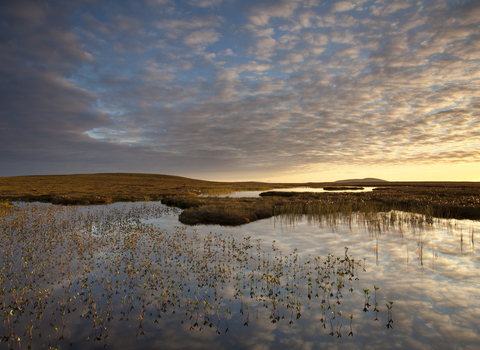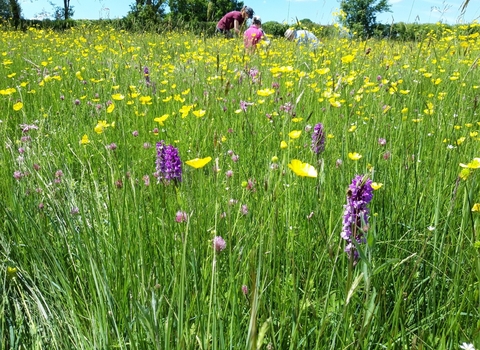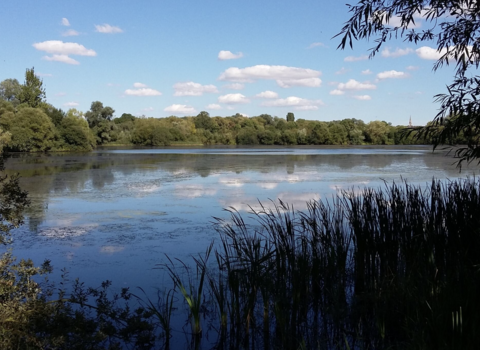We continue to lose our most precious remnants of wild natural space and vast numbers of our insects and birds. We need ambitious natural climate solutions that reduce carbon emissions, prevent habitat destruction, halt the decline of biodiversity losses and make our towns and cities cleaner and greener.
What are the Wildlife Trusts doing to tackle this climate emergency?
Across the UK Wildlife Trusts are working to protect and restore natural habitats. These woods, meadows and wetlands store greenhouse gases like carbon dioxide and prevent its release into the atmosphere. We tackle this climate and ecological emergency every day and lead work on solutions wherever we can, but we all need to work together for a healthy natural world.
The Wildlife Trust for Bedfordshire, Cambridgeshire and Northamptonshire manages over 100 nature reserves and is leading groundbreaking work, including peatland restoration at the Great Fen, preventing the loss of enormous amounts of carbon from the fens. We believe our Great Fen project is of national importance in the fight against climate change.
Addressing our own carbon footprint
Given the climate and biodiversity crises it is vital we step up our commitment to reduce our environmental impacts. We know that conservation and restoration of critical habitats, such as the Fen peatlands, is helping to mitigate climate crisis impacts. Yet, we are aware that our work results in operational impacts across our area (e.g. transport, energy, waste and water). We are currently assessing the footprint, along with the other 45 Wildlife Trusts across the UK, as well as setting up initiatives to reduce carbon emissions and meet the challenges of climate change in the future.
Download our reports
National information:
The Wildlife Trust for Beds, Cambs and Northants:
Nature based solutions
Nature based solutions at The Wildlife Trust BCN...
What can you do?
There are simple and easy things that we can all do to reduce our carbon footprint, adapt to climate change and make a big difference to the natural world.
Five top tips:
1. Change what you eat
Agriculture accounted for 12% of UK greenhouse gas emissions in 2022. Eating more plant-based foods, reducing your food waste and buying local produce will shrink this footprint.
2. Change how you travel
Transport accounted for 28% of UK emissions in 2022. Making small changes to how you get from A to B will make a big difference!
3. Change your energy use
Energy used in buildings accounted for around 20% of total UK emissions in 2022. Reducing your household energy use by switching to a renewable energy supplier or purchasing a heat pump will help cut down.
4. Go peat free
For centuries it was believed that peatlands were of no value unless drained or extracted from. Today, it known that this is not true – so why are 80% of the UK’s peatlands still degraded?
5. Write to your MP
Whether it be a local wild place or species under threat - or that there is simply not enough wildlife where you live - you can ask your MP to help stop the loss of wildlife and prioritise climate issues.
Climate change news and blogs

New report shows UK nature bearing brunt of chaotic climate
The Wildlife Trusts warn: Government is shockingly underprepared
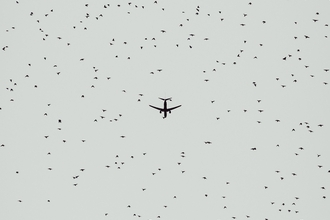
Wildlife Trusts across the south and east of England oppose airport expansions, calling for sustainable not destructive growth
Wildlife Trust BCN is part of a coalition of Wildlife Trusts, representing over 191,500 members across the south and east of England,…
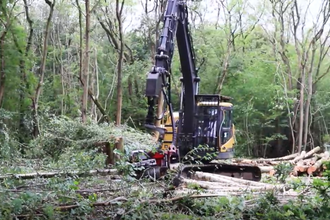
Futureproofing our woodlands
A project to futureproof ancient woodlands in Cambridgeshire in the face of climate change is underway.

